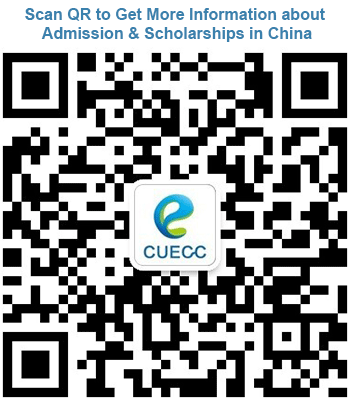more>>See More
China chides US for criticism over trade, yuan
By admin on 2014-12-02
BEIJING, Feb. 15 -- China responded on Tuesday to U.S. demands for a stronger yuan to reduce its trade surplus by saying market forces were already driving the currency and warning Washington not to make political capital out of the issue.
|
| Chinese Premier Wen Jiabao (R) shows the way to President Bush at the Diaoyutai State Guest House in Beijing, November 20, 2005. China wants to work with the United States to reduce its bilateral trade surplus, but Washington will not help if it tries to make political capital out of the issue, an influential law-maker and economist said on Tuesday. [Reuters] |
Tensions over trade have become a regular irritant in Sino-American relations and risk overshadowing a visit to Washington in April by President Hu Jintao.
Cheng Siwei, an influential law-maker and economist, said China and the United States should ease these frictions through consultations as equal partners.
He was speaking a day after the administration of President George W. Bush, facing rising political pressure over the record U.S. trade deficit, urged China to further free up its currency to steer growth away from exports and toward home-grown demand.
"We concede that China is running a relatively big trade surplus with the United States, but they shouldn't politicize the issue," Cheng, vice-chairman of the Standing Committee of the National People's Congress, or parliament, told a China-U.S. business forum.
China revalued the yuan by 2.1 percent in July, scrapped the currency's decade-old peg against the dollar and set it free to float within tightly managed bands. To Washington's frustration, the yuan has since risen by less than 0.8 percent.
Foreign Ministry spokesman Liu Jianchao reaffirmed China's determination to continue with reform of the yuan -- code for eventually letting it float more freely -- but said Beijing would dictate the pace of change.
"China will push forward the reform according to the development of the situation and the principle that is most favorable to the international economy and China's economy," he told a regular news briefing.
Wu Xiaoling, a vice governor of the People's Bank of China, said China was in fact already letting market forces drive the yuan. The currency rose 0.14 percent last week, the biggest gain in any week since it was unshackled from the dollar.
"I think this is the result of market operations and what we want is to let the market mechanism, based on supply and demand, play a role," Wu told Reuters when asked about the quickening pace of the yuan's climb.
The currency fell back slightly on Tuesday, ending at 8.0485 per dollar,
compared with 8.0458 at Monday's close.
Everybody gains
Cheng said China and the United States should start to bridge their differences over trade by agreeing on the size of the problem.
China reported its surplus with the United States last year at $114.2 billion. Washington put its deficit with China at $201.6 billion.
The discrepancy is largely because the United States counts exports shipped through Hong Kong as originating in China. The United States also counts the cost of shipping and insuring exports in its figures.
Cheng urged Washington to acknowledge the benefits it reaps from trade with China. He quoted a study by U.S. investment bank Morgan Stanley estimating that U.S. consumers had saved $600 billion in the past decade from buying goods made in China.
China had also plowed a lot of the earnings from its trade surplus into U.S. bonds, helping to lower interest rates for U.S. home buyers, Cheng said.
He called on the United States to help reduce its deficit with China by relaxing rules on high-tech exports, which Washington fears could be adapted for military purposes.
China sourced only 10 percent of its high-tech imports from the United States, he said. This was not enough. China had to be allowed to buy more than Boeing Co. aircraft.
"If the United States doesn't want to export, how can we achieve balance in our trade?" Cheng asked.
Vice Commerce Minister Yi Xiaozhun also tried to turn back Washington's complaints, telling the same forum that China sought to achieve broad balance in its foreign trade.
He said 83 percent of China's trade surplus reflected exports by foreign firms that had built factories in China to take advantage of its cheap labor.
"If we look at the figures, it appears the United States is running a big trade deficit. But after doing some analysis, we can see it's mutually beneficial and that the United States and China share a roughly similar level of benefits," Yi said.

- Contact Us
-
Tel:
0086-571-88165708
0086-571-88165512E-mail:
admission@cuecc.com
- About Us
- Who We Are What we do Why CUECC How to Apply
- Address
- Study in China TESOL in China
Hangzhou Jiaoyu Science and Technology Co.LTD.
Copyright 2003-2024, All rights reserved





 Chinese
Chinese
 English
English
 Korean
Korean
 Japanese
Japanese
 French
French
 Russian
Russian
 Vietnamese
Vietnamese
